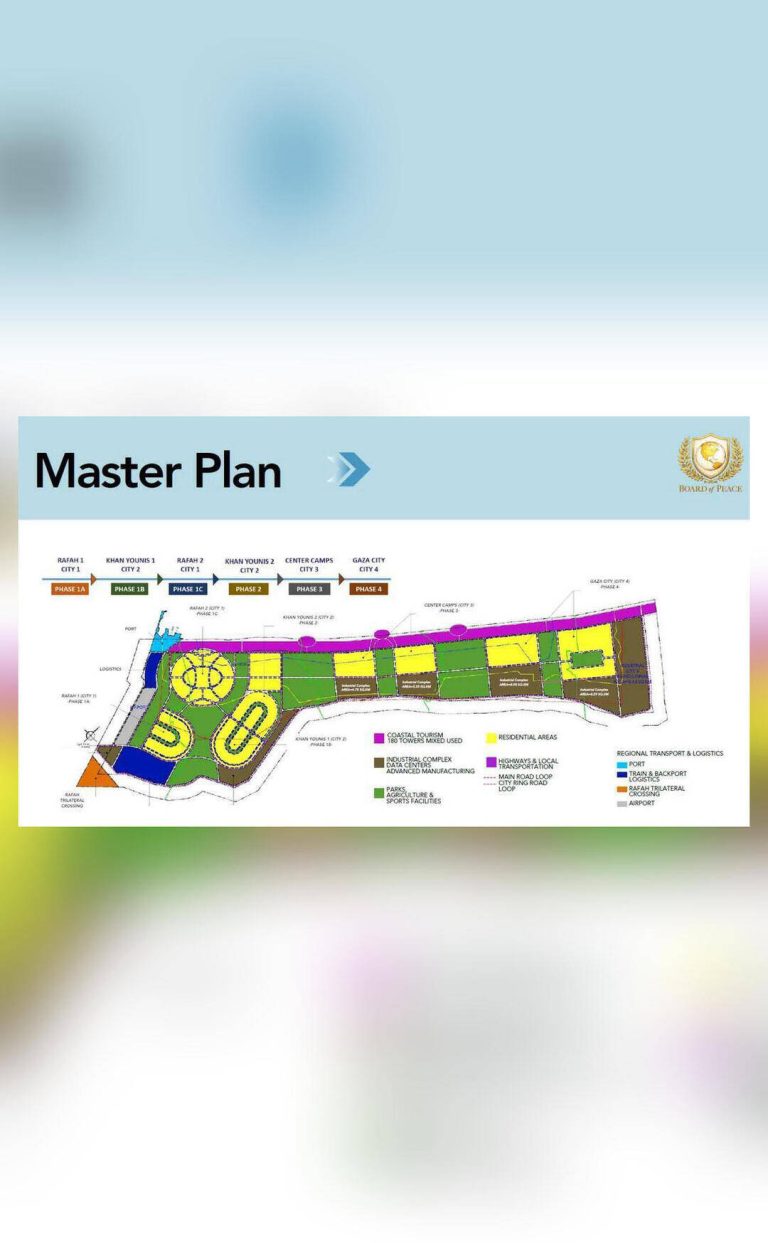
Australian teens ask nation’s top court to block social media ban
In a groundbreaking move, a group of Australian teenagers has taken their fight against the nation’s social media ban for children under 16 to the highest court in the land. The campaign group Digital Freedom Project has initiated proceedings in the High Court of Australia to block the law, which is set to take effect in just a few weeks. Two 15-year-olds, Noah Jones and Macy Neyland, have been named as plaintiffs in the case, which promises to be a closely watched and intensely debated constitutional challenge.
The law in question, which was passed earlier this year, prohibits social media companies from allowing children under the age of 16 to create accounts or access their platforms. The government has argued that the ban is necessary to protect young people from the potential harms of social media, including cyberbullying, online harassment, and exposure to inappropriate content. However, critics of the law argue that it is an overreach of government power and an infringement on the rights of young people to freedom of expression and access to information.
The Digital Freedom Project, which is backing the court challenge, argues that the law is unconstitutional and violates the rights of young people to participate in online communities and express themselves freely. The group’s lawyers argue that the ban is too broad and will have a disproportionate impact on marginalized and vulnerable young people, who may rely on social media to connect with others and access important information and resources.
Noah Jones and Macy Neyland, the two 15-year-olds who have been named as plaintiffs in the case, are both avid social media users who are concerned about the impact of the ban on their lives and their ability to connect with others. In a statement, Jones said, “I use social media to keep in touch with my friends and family, and to stay up-to-date with what’s going on in the world. I don’t think it’s fair that the government is trying to take away my right to do that.” Neyland added, “Social media is a big part of my life, and I don’t think I should be punished for using it. I think the government should be working to educate young people about how to use social media safely, rather than trying to ban it altogether.”
The court challenge comes at a time when there is growing concern about the impact of social media on young people’s mental health and wellbeing. While some studies have suggested that excessive social media use can be linked to increased rates of anxiety, depression, and other mental health problems, others have argued that social media can also have positive effects, such as providing a sense of community and connection for young people who may be isolated or marginalized.
The Australian government has argued that the ban is necessary to protect young people from these potential harms, and that it will help to reduce the risk of cyberbullying, online harassment, and other forms of online abuse. However, critics of the law argue that it is a blunt instrument that will not effectively address these problems, and that it will instead drive young people to use social media in secret, where they may be more vulnerable to harm.
The High Court of Australia will now consider the constitutional challenge to the social media ban, and will determine whether the law is valid and enforceable. The case promises to be a closely watched and intensely debated one, with significant implications for the rights of young people to freedom of expression and access to information. As the court considers the challenge, it will be important to weigh the potential benefits of the ban against the potential risks and harms, and to consider the impact on young people’s lives and wellbeing.
In conclusion, the constitutional challenge to Australia’s social media ban for children under 16 is an important and timely one. As the High Court of Australia considers the case, it will be essential to balance the need to protect young people from harm with the need to respect their rights to freedom of expression and access to information. The outcome of the case will have significant implications for the future of social media use in Australia, and will set an important precedent for other countries that are considering similar laws.
The case is a reminder that the regulation of social media is a complex and multifaceted issue, and that any attempts to restrict or ban social media use must be carefully considered and balanced against the potential risks and harms. As the world becomes increasingly digital, it is essential that we find ways to protect young people from harm while also respecting their rights to participate in online communities and express themselves freely.
News source: https://www.reuters.com/world/asia-pacific/australian-teenagers-ask-high-court-block-social-media-ban-2025-11-26/






